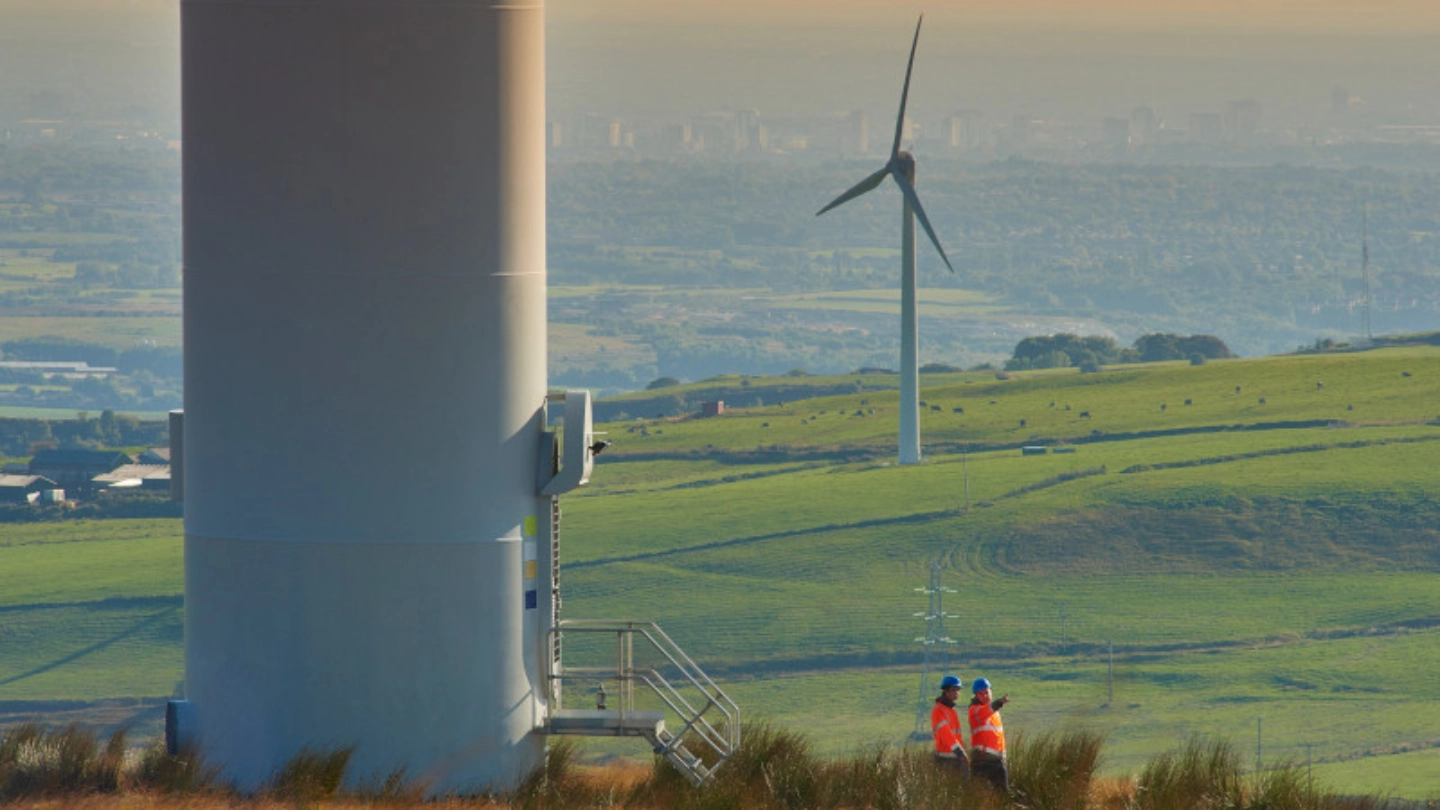
Earlier this summer, a small Cardiff-based startup made history by launching the UK's first in-space manufacturing mission. The company, Space Forge, is on a mission to produce complex materials for the semiconductor industry that are difficult or impossible to manufacture on Earth.
Space Forge is just one example of the growing number of UK businesses in fast-growth industries that are blazing new trails and innovating.
This article will delve into some of the UK’s fast-growth industries and look at some of the learnings that businesses in other sectors can take from them.
Space tech: playing to your strengths
The UK space sector is bigger and more successful than you might think. It employs 52,000 people and generates an income of £18.9 billion each year.
The sector provides an example of how companies, especially small ones, can play to their strengths. The UK space sector has not tried to compete with the mighty NASA or the European Space Agency by attempting to conquer all areas of space exploration. Instead, it has specialised in areas of commercial strength. Small satellites, which have been described as a hidden gem in our economy, are a perfect example of this.
A small satellite is usually defined as any satellite with a mass less than 500 kg; most of these are tiny CubeSats - some of which are small enough to hold in your hand. Operating in low Earth orbit, they are primarily used for remote sensing, communications and technology demonstrations.
The UK is a commercial leader in small satellites, and one of the key reasons for this is that they have significantly lower barriers to entry compared to other areas of the space exploration industry.
Cybersecurity: harnessing tech for good
The UK’s cybersecurity sector is also booming. It employs an estimated 67,300 people, having created 6,600 new jobs in the past year alone.
The sector is an example of how we can harness the potential of technology as a force for good. As cyber security becomes increasingly important - as many high-profile firms have found out the hard way - the UK’s cyber sector becomes increasingly essential to all of us.

Renewable technology: collaboration
Amid the race to Net Zero, the renewable energy sector is growing at breakneck speed. The wind energy sector, particularly offshore, is a significant part of this.
But the complexity of planning, building and operating an offshore wind farm should not be underestimated. The biggest of them, Dogger Bank – a wind farm 80 miles off the East Yorkshire coast – will soon be able to generate enough energy to power the equivalent of six million homes. It’s a huge undertaking.
To make such projects a reality in such a challenging environment - miles offshore, in deep water, under harsh weather conditions - entails collaboration between multiple stakeholders sharing risk and expertise.
What does the fast-growth offshore wind sector teach us? The power of long-term, collaborative business partnerships. For example, a study into the success of Dogger Bank concluded that such projects can only be built at scale and speed when underpinned by long-term partnerships and a shared commitment to innovation and efficiency.
Fintechs: prioritising customer experience
In recent years, fintech firms have influenced how all of us shop, save or manage our money.
They have reshaped financial services with innovative, customer-centric value propositions that focus on customer experience. Challenger banks like Monzo have won customers with intuitive apps, transparent pricing, and instant support.
The lesson from these fintechs is that whatever the sector, putting simplicity, transparency, and speed at the center of product design can unlock loyalty and word-of-mouth growth.
Space tech, cybersecurity, renewables and fintech are just of the few examples of the UK’s most successful industries in recent years. But they illustrate how growth comes not from trying to do everything, but from focusing on strengths, solving real-world challenges, and building the partnerships that turn bold ideas into scalable opportunities.
Want to learn more?



































